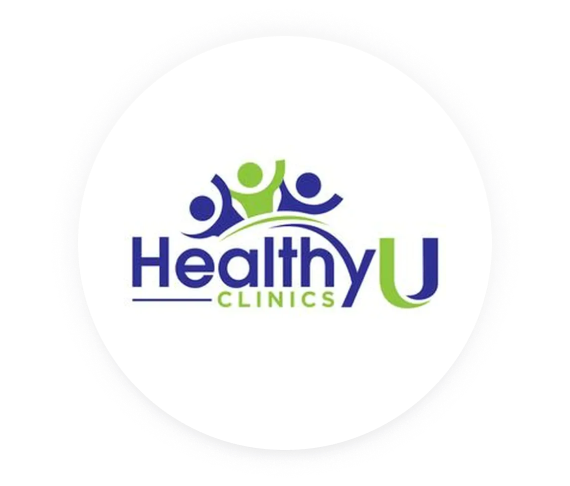It is Important to Pay Attention to your Cardiovascular Health
February may be known for Groundhog’s Day, Abraham Lincoln’s birthday, George Washington’s birthday and Valentine’s Day, but it is also National Heart Month. While many individuals are wearing their hearts on their sleeves on February 14th, it is important to pay attention to your cardiovascular health throughout the month.
According to the CDC, heart disease is the leading cause of death in the United States and Worldwide. High blood pressure, high cholesterol and smoking are the key risk factors for heart disease. Recommendations for adults to improve their heart health include getting at least 150 minutes per week of moderate-intensity aerobic activity (brisk walking, dancing, biking) or 75 minutes of vigorous aerobic activity (running, hiking, swimming laps, jumping rope) spread throughout the week. We should all work harder at spending less time sitting, even light-intensity activities can offset some of the risks of a sedentary lifestyle.
Due to the obesity epidemic, our children have also fallen victim to heart disease. Over the last half-century, pediatric high blood pressure (hypertension) has increased fourfold. Recent American Heart Association heart disease and stroke statistics estimate that 15 percent of adolescents have abnormal blood pressure. Adolescents 6-17 years of age should get at least 60 minutes per day of moderate to vigorous intensity aerobic activity. Adolescents should include vigorous intensity activity on at least 3 days per week and muscle/bone strengthening activities on at least 3 days per week as well.
Exercise is not the only way to improve your heart health, your diet contributes as well! Certain diets have also been shown to improve your cardiovascular well-being. Two of the most studied diets include the Mediterranean diet and the DASH (Dietary Approaches to Stop Hypertension) diet. The Mediterranean diet is recognized by the World Health Organization as a prevention strategy for heart disease, high blood pressure, stroke, obesity, and diabetes. This diet focuses more on plant-based foods, whole grains, vegetables, legumes, fruits, nuts, seeds and olive oil as the main source of added fat. The DASH diet was developed as an approach to lower blood pressure without the use of medications. It encourages the reduction of sodium consumption and promotes an increased intake of fruits, vegetables, whole grains, fish, poultry and nuts.
So, remember; get up, increase activity, and eat healthy; be a Healthier-U.
By: Dr. Daniel Talamo





